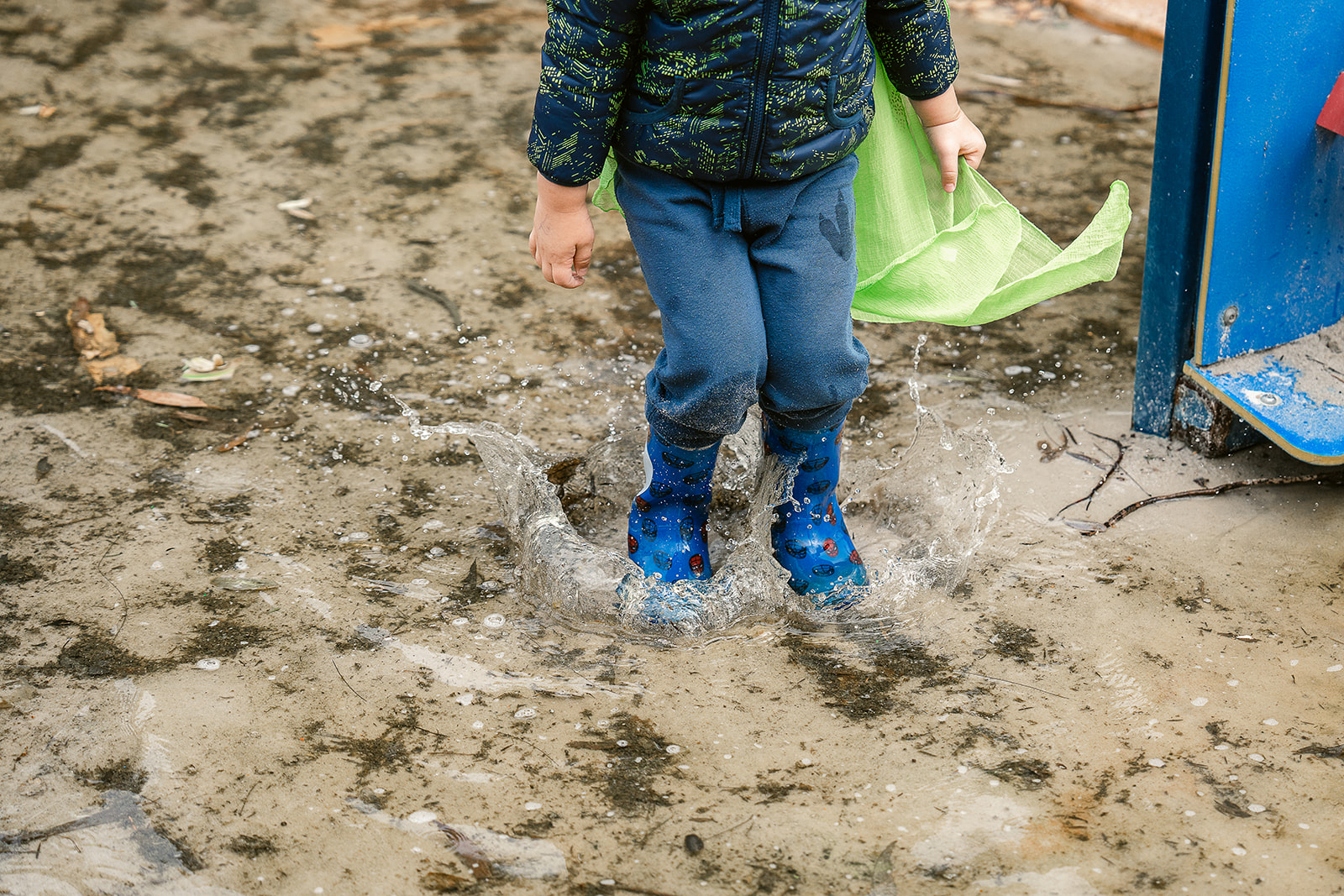Search
Showing results for "1"
Research
Physical activity interventions for the promotion of mental health outcomes in at-risk children and adolescents: a systematic reviewMany young people are exposed to risk factors that increase their risk of mental illness. Physical activity provision is an increasingly popular approach to protect against mental illness in the face of these risk factors. We examined the effectiveness of physical activity interventions for the promotion of mental health outcomes in at-risk children and adolescents.
Research
Genome-Wide Analysis of Genetic Risk Factors for Rheumatic Heart Disease in Aboriginal Australians Provides Support for Pathogenic Molecular MimicryRheumatic heart disease (RHD) after group A streptococcus (GAS) infections is heritable and prevalent in Indigenous populations. Molecular mimicry between human and GAS proteins triggers proinflammatory cardiac valve-reactive T cells.
Research
Reference genotype and exome data from an Australian Aboriginal population for health-based researchThis data set provides a useful reference point for genomic studies on Aboriginal Australians
Research
Optimising detection of thrombosis in paediatric Staphylococcus aureus bacteraemia: A prospective interventional sub-study protocolStaphylococcus aureus bacteraemia (SAB) is the most common cause of sepsis, contributing to paediatric intensive care unit admission in Australia and New Zealand. While deep venous thrombosis (DVT) has been reported in children with invasive S. aureus infections, the actual frequency and possible effects of thrombosis on disease severity and outcome in paediatric SAB remain unknown. Moreover, guidance regarding imaging for paediatric SAB management are poorly defined.
Research
WA Aboriginal Child Health Survey (WAACHS) Data Linkage StudyThis study is a partnership between researchers, the Aboriginal community and government to provide evidence for policy and practice addressing high priority health and wellbeing issues for Aboriginal children and families.

Interventions and explorations that focus on modifiable elements of the early life environment are being investigated, to assess and improve all aspects of physical and psychological wellbeing - both in childhood and in later life. These include nutrition, physical activity, time in nature, built environments, plastics and pollutants.

The veteran tuberculosis vaccine BCG has puzzled scientists for decades. Now, The Kids researchers have not only unlocked part of the secret to its success in saving the lives of newborns, but they’re at the forefront of global efforts to test its ability to fight COVID-19.
Here we recognise donors who have made cumulative gifts of $10,000 and above to contribute to children's health research at The Kids Research Institute Australia.
Research
Development and validation of the Australian Aboriginal racial identity and self-esteem survey for 8-12 year old children (IRISE-C)In Australia, there is little empirical research of the racial identity of Indigenous children and youth as the majority of the current literature focuses on...
Research
Family Study of Ear Health and Metabolic Diseases in a Western Australian Aboriginal CommunityTo determine whether these extreme manifestations of disease are associated with rare or novel genetic variants in a Western Australian Aboriginal population.
